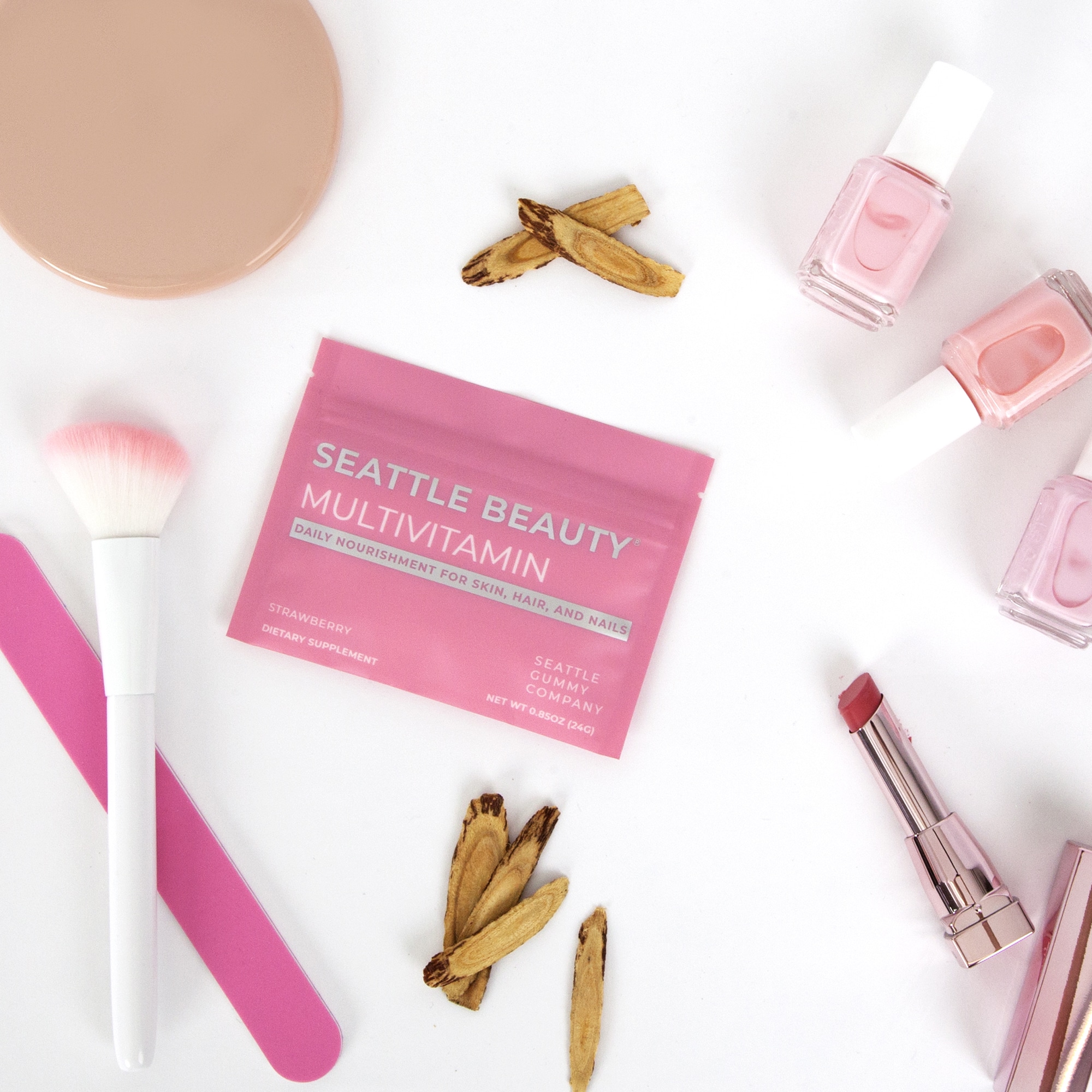Microbiota population in our bodies outnumber human cells by 10 to 1. There is extensive research on the effects of microbiota population in gut to varieties of conditions from inflammation to allergy and to cancer. However, we all know that micro-biomes populate more than our gut. For a long time, I have wondered about the relationship between the skin conditions/diseases and the skin microbiota population. I was delighted to stumble up a Science article, describing the protective role of skin microbiota.
As the largest organ of the body, the skin represents a major site of interaction with microbes in the environment. Scientists have known for a long time that there are millions of naturally occurring commensal bacteria in the skin — collectively known as the skin microbiota. However, the role of those of the skin microbiota hasn’t been clear. In this Science article, a research team from the National Institutes of Health (NIH) found that bacteria that normally live in the skin may help protect the body from infection. Using mouse models, the NIH team reported that skin microbiota contribute to protective immunity by interacting with the immune cells in the skin.
The researchers colonized germ-free mice (mice bred with no naturally occurring microbes in the gut or skin) with a human skin commensal bacterial, Staphylococcus epidermidis. The team observed that colonizing the mice with this one species of good bacteria enabled immune cells in the mouse skin to produce a cell-signaling molecule needed to protect against harmful microbes. The researchers subsequently infected both colonized and non-colonized germ-free mice with a parasite. Mice that were not colonized with the bacteria did not mount an effective immune response to the parasite; mice that were colonized did.
The study provides insights into the protective role of skin microbiota and demonstrated that skin health relies on the interaction between skin microbiota and immune cells. Further research is needed, say the authors, to determine whether skin disorders such as eczema and psoriasis may be caused or exacerbated by an imbalance of skin microbiota and potentially harmful microbes that influence the skin and its immune cells.
When trying to help my son with his eczema condition, I’ve tried to figure out if the skin microbiota has anything to do with the condition. I remember that, when I was little and suffering from the same problem, my grandma would rub dirt from a specific riverbank, an old folk remedy, onto my itchy skin. It did work—and I could never figure out why. Now, thinking back, my bet is that, the microbiota in the dirt may have served to repopulate and restore the skin microbiota at the problematic area and therefore treated the condition effectively. You could never underestimate the wisdom of your grandma.
Thanks for reading!
Journal Reference: S Naik et al. Compartmentalized control of skin immunity by resident commensals. Science, 2012 DOI: 10.1126/science.1225152
Source: Informed Nutrition
About SGC:SGC is an R&D focused developer of nutraceutical and pharmaceutical gummy products. The company specializes in formulating Functional Gummy® products combining the wealth of the in-house knowledge in pharmaceutics, chemistry, western medicine and herbal medicine. The company provides performance gummies® inspired by Traditional Chinese Medicine including MOCCA SHOTS™, ENERGON QUBE™, FUNTIONAL FRUIT®, and SEATTLE BEAUTY®.
To learn more, visit https://seattlegummy.com, contactinfo@seattlegummy.com,call 206-257-0464, or join at https://seattlegummy.com/be-an-informed-member/.
PERFORMANCE GUMMIES | FREE SHIPPING ON ORDERS OVER $50
- Our Story
- Locations
- Blog
- Contact
-
Newsletter
SIGN UP FOR NEWSLETTER
Signup for our newsletter to be notified about product discounts and coupons, performance and nutritional tips and latest research breakthroughs in nutrition and healthy living.
PERFORMANCE GUMMIES | FREE SHIPPING ON ORDERS OVER $50

